Picture this: You're wrapped up in your coziest blanket, a mountain of tissues growing by your side, and that all-too-familiar frustration brewing inside. "Seriously, another cold?" you mumble, your voice a nasally rendition of its former self.
It's like your immune system packed its bags, posted a 'Gone on Vacation!' sign, and left you to fend off the germy onslaught alone. If this scene is no stranger to you, or if you're the wellness warrior type who sidesteps sniffles like a pro but knows you're one sneeze away from doom, it's high time we talk.
Bolstering your immune system is more straightforward than you think. Embrace the healing wisdom of nature with supplements like Echinacea, Garlic, Zinc, Vitamin D, Probiotics, Elderberry, Astragalus, Selenium, Propolis, and the mighty Reishi Mushroom. These natural defenders are proven to support and enhance your body's defenses, arming you against colds, flu, and other unwelcome invaders.
Now, lean in close, because we're about to embark on a health-heist. Our mission? To ditch those over-the-counter meds that love playing hard-to-get when we crave relief. Our destination? The lush, green, oh-so-inviting world of Mother Nature's own medicine cabinet.
No, this isn't your usual 'take your vitamins, eat your veggies' spiel. This is your golden ticket to the untapped power of natural supplements, the silent ninjas waiting to defend, protect, and supercharge your body's fortress.
Why Your Immune System Deserves Natural Allies

The Body: A Harmonious World Under Siege
Imagine your body as a harmonious world, a perfectly synchronized ecosystem. Every element contributes to this bustling metropolis, from the tiniest immune cells to the complex systems they support.
But what happens when harmony falters, and you find yourself grappling with constant low immunity or battling frequent upper respiratory tract infections? That's your body issuing an SOS, craving reinforcements that sync with nature's rhythm.
When Immunity Colludes with the Universe: A Conspiracy?
Reflect on those days spent nursing a cold, frustration brewing, and perhaps a touch of existential dread creeping in. It feels like your immune system is in a rebellion, right?
From the trivial colds to the daunting specter of acute respiratory distress syndrome, these tribulations trace back to one origin: a faltering immune response.
Why the Dominoes Fall: The Intricacies of Immunity
It's a ripple effect within our innate immune system. Deprived of adequate vitamin levels and the multiple health benefits of natural fortifiers like fatty fish, our body's defense mechanisms wane.
It's not merely about dodging seasonal ailments; it's shielding yourself from severe threats like viral infections and acute respiratory infections that lurk around, waiting to capitalize on weakened defenses.
The Secret Sauce Health Enthusiasts Swear By: Prevention
Prevention isn't just a health buzzword; it's the cornerstone of true wellness. It's understanding that nurturing our fortress of well-being goes beyond reacting to illnesses.
It's recognizing the indispensability of immune system function, ensuring it thrives through proper nutrition, detoxification, and natural supplements laden with immune-enhancing properties.
Back to Basics: Vitality Beyond Avoiding Illness

Immune health is the bedrock of vitality, influencing more than just your susceptibility to respiratory tract infections.
Consider the unsung heroes, like white blood cells, vigilant guardians within the human body, perpetually on the lookout for threats.
These cells thrive with proper support, demanding we think beyond conventional wellness advice.
Yes, embracing adequate vitamin intake is non-negotiable, but what about the potency and benefits of medicinal mushrooms or the hidden prowess within certain plants?
Game-Changers: Nature's Immune Allies
Natural supplements for the immune system, such as Reishi mushrooms, aren't merely wellness trends.
They're ancient secrets, nature's boon for the proper functioning of your body's defenses.
These resources are key to improving immune function, transforming your body's standard responses into optimal, fortified defenses.
Breaking Up With Over-the-Counter Meds – Here's Why

Dear Conventional Pills, It's Not Me—It's Definitely You
Today, we're penning a break-up letter, and it's to those over-the-counter meds nestled in our cabinets. You know, the ones that promise quick fixes but often gloss over the fine print of temporary relief and potential side effects.
While they've been our go-to for the common cold or allergy season, offering quick symptom relief, there's something they've been keeping on the down-low: the mere masking of symptoms doesn't equate to healing.
The Short-Term Fling That Never Lasts
Over-the-counter meds have been like that short-term fling we've all had. Sure, they're there when we need immediate relief, but what about the aftermath? The increased risk of relying too heavily on something that only conceals our ailments?
These quick fixes contribute little towards our body's ability to fend off respiratory viruses or improve immune function in the long haul.
Swiping Right: Long-Term Relationships with Natural Supplements
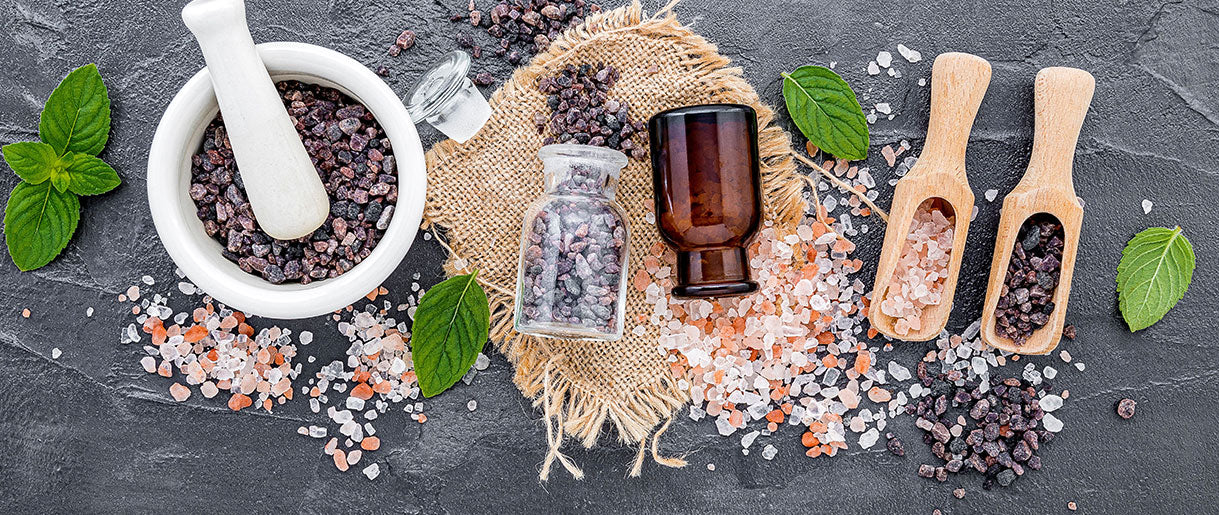
Let's talk about commitment—specifically, forming a lasting bond with natural supplements. Imagine a partnership based on nurturing and strength that steadily builds our body's defenses.
We're not just discussing immune-boosting for the sake of it; we're looking at holistic well-being. This means managing stress effectively and promoting wound healing, and yes, it involves bidding adieu to those temporary fixes in our medicine cabinets.
Why Natural Supplements Deserve That Commitment Ring
Here's the scoop: natural supplements come with many allies for our health.
Antioxidant properties? Check. Assistance in decreasing inflammation and combating free radical damage? Absolutely.
They're not here for just a good time but to potentially enhance our immune cells' efficiency, reducing the physical stress that often accompanies illnesses.
From the revered halls of traditional Chinese medicine to modern wellness centers, natural supplements have made a name for themselves, and rightfully so.
They offer beneficial effects, like supporting the body in times of stress, providing nutrients essential for health, and even displaying antiviral activity, a crucial ally in times when respiratory viruses seem to lurk around every corner.
Building a Health Portfolio: Diversify with Nature's Best
Investing in natural supplements is akin to diversifying a financial portfolio. You wouldn't put all your monetary assets in one place, right?
Similarly, relying solely on quick fixes for health concerns, like standard cold meds, leaves you open to risks. With their various health-affirming properties, natural remedies create a robust, diversified portfolio for your well-being.
Meet Your Immune System's New Best Friends
🍄Reishi Mushroom: The Zen Master

Slide into a chill mode with Reishi, the 'Zen Master' of immune support (1). Picture a mushroom with a soothing vibe, kicking back with ancient wisdom and modern science on its side (2).
One of the best mushrooms for immunity, Reishi is all about that stress-less life, knowing that peace of mind equals a robust immune system.
Fans of traditional medicine have long turned to this fungi friend for an immunity zen-boost, and guess what?
Research (3) is catching up, highlighting Reishi's immune-boosting mojo. So, next time you're frazzled, invite the benefits of Reishi for some immune enlightenment!
🍇Elderberry: The Sweet Protector

Meet Elderberry, your immune system's sweetest pal. Imagine a berry so packed with antioxidants, it's like a mini-umbrella, shielding you from those health-harming free radicals.
This little purple wonder-berry is not here just to add a dash of color; it's your go-to for keeping the sniffles at bay (4). How, you ask?
Science says (5) it's a whiz at immune-boosting, and traditional syrup-makers agree! If your immune system had a speed dial, Elderberry would be on it.
🌸Echinacea: The Native Warrior

Echinacea steps into the scene like an old-timey warrior, armed with centuries of traditional medicine use. This native hero isn't just about the hype; it's got the street cred to prove it!
Picture a plant so resilient, it empowers your immune system to be just as tough. It's the herbal handshake your body needs during cold and flu season.
The science squad backs it up (6), demonstrating its skill in fighting those pesky seasonal bugs. Echinacea's your go-to sidekick when your immune system needs to suit up for battle!
🌱Astragalus: The Traditional Tonic

Enter Astragalus, a wellness staple known to the ancients as the shield against stress and disease. Imagine a powerful root that harmonizes your body's functions, ensuring your immune cells are in tip-top form.
What's the secret? This herbal whisperer nudges your body to increase its production of those white blood cells, your immune system's frontline warriors.
The result? A formidable defense line against infections. And hey, it's not just hearsay; research demonstrates (7) its serious creds in boosting your body's protective forces!
🔆Vitamin D: The Sunshine Hero

Cue the spotlight for Vitamin D, the 'Sunshine Hero'! This fat-soluble vitamin is like summer in a capsule,crucial for keeping those bones strong and your immune system happy.
But here's the kicker: many of us are sporting low vitamin D levels, thanks to our indoor-loving lifestyles.
Science has our backs (8), though; research is all over the beneficial effects of vitamin D supplementation, especially for our immune cells' might.
And you know what? You don't have to bask in the sun to get your dose; fortified foods and supplements can bring you sunshine, giving you adequate vitamin D levels!
Moreover, I know most of us did not know that mushrooms contained vitamin D. You do not have to forage for mushrooms; you can also find vitamin D in mushroom powder.
🧄Garlic: The Flavorful Guardian

Who's that wafting in with a scent that's both pungent and promising? Garlic, the 'Flavorful Guardian' of health!
More than a kitchen superstar, garlic is your immune system's feisty friend (9). It struts its antibacterial and antiviral stuff, challenging infections and keeping microbial baddies in check.
Chronic diseases? Garlic says, "Not on my watch!" It's keen on guarding heart health and keeping high blood pressure at bay.
With a resume packed with powerful antioxidant properties, it's no wonder garlic earns a top spot in health-boosting lore!
💪Zinc: The Mighty Mineral
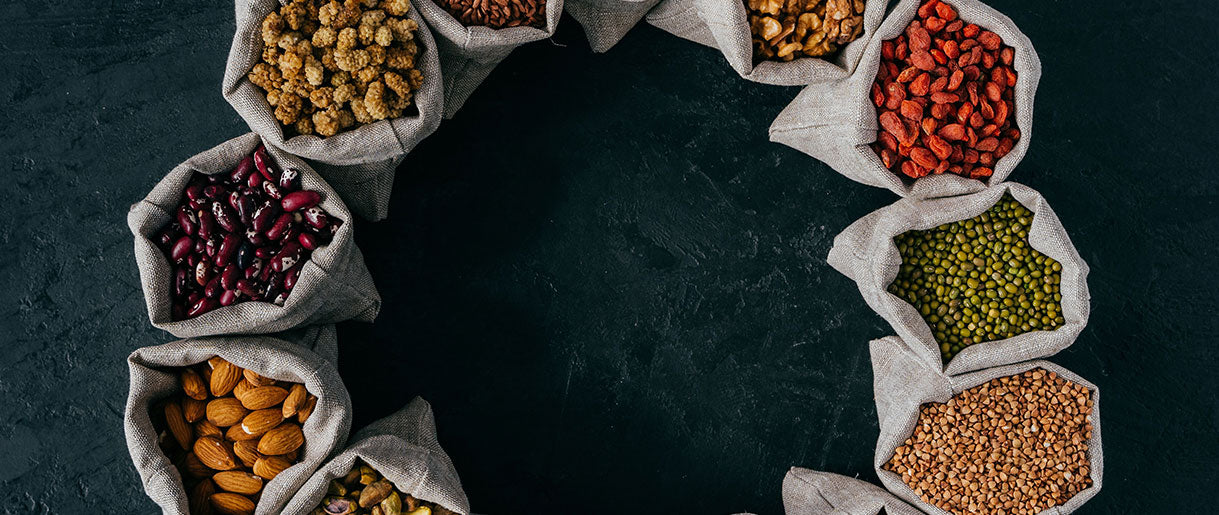
Step aside, other nutrients; it's time for Zinc to shine!
Picture this: a mineral so integral to your health that it's hustling 24/7 to develop your immune cells, heal your wounds, and even maintain your sense of taste and smell.
Here's the shocker—zinc deficiency is more common than you think, and it's like kryptonite to your immune function (10).
The solution? Dive into some oysters, or if you're a landlubber, grab a supplement to ensure you're getting your daily dose. It's your behind-the-scenes hero, your immune system's silent partner in crime-fighting!
🦠Probiotics: The Gut's Companions

Imagine a bustling city in your gut, where trillions of bacteria keep things running smoothly. These aren't your average residents; they're probiotics, the guardians of gut health!
Besides keeping your tummy happy, these vital supplements for gut health help ward off the foreign pathogens trying to invade your body.
Think of them as the bouncers at your gut's nightclub, keeping the riff-raff out. Their top trick? Balancing your immune response(11) to avoid overreactions (looking at you, allergies and autoimmune conditions!).
Add some fermented foods to your plate, or snag a supplement, and let these tiny titans bring the party to your gut! You can also take advantage of mushrooms for gut health; they have prebiotics, feeding your gut bacteria.
🌰Selenium: The Essential Trace
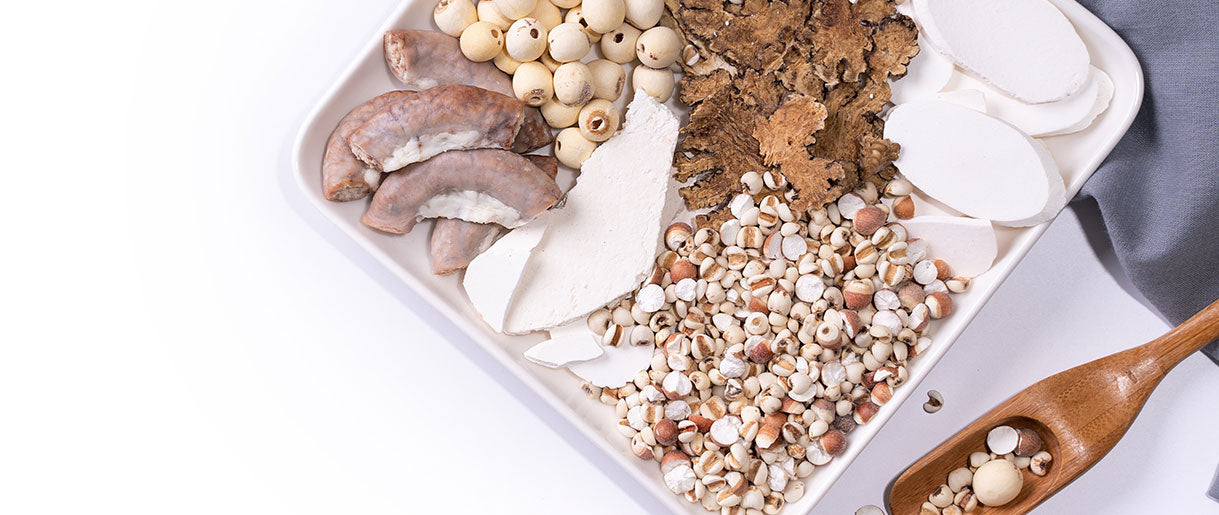
Now, here's a dark horse in the wellness race: Selenium. This unsung hero might not get the limelight, but it's a powerhouse.
As a potent antioxidant, selenium is the sworn enemy of free radical damage, protecting your cells like a seasoned bodyguard. But that's not all; it also moonlights as a booster for your T cells, making it a crucial ally for your immune system(12).
Low selenium levels? That could lead to health conditions you didn't see coming. The fix is easy: a couple of Brazil nuts a day keep the doctor away, or you could find this superstar in supplemental form!
🐝Propolis: The Hive's Defense Mastermind
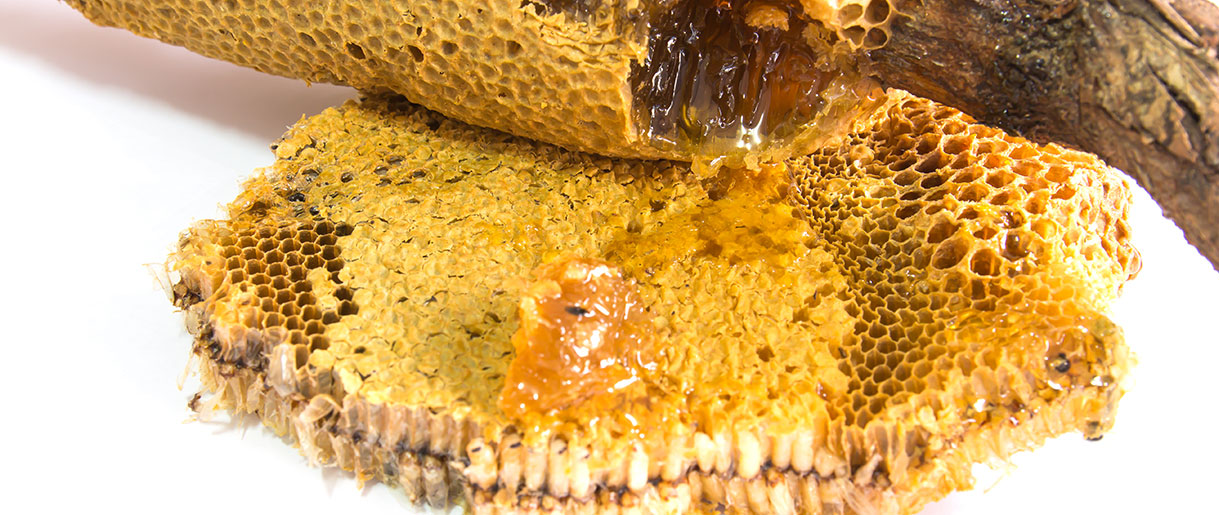
Buckle up for this: there's a buzz-worthy ally in your corner, straight from the beehive. Meet Propolis, a bee-produced marvel.
This sticky defense system bees use to safeguard their hive does wonders for us. Thanks to its antiviral effects, research demonstrates(13)it's a fortress against certain infections. Got a sore throat?
Propolis! Fighting those pesky colds? Propolis! It's like having a security guard for your health, patrolling and ensuring those germs think twice before causing trouble.
🍊Vitamin C: Nature's Very Own Shield

Let's talk about the VIP of vitamins—Vitamin C! It's not just for preventing scurvy; this powerful antioxidant is on the front lines, safeguarding your immune system(14).
From its fortress-like protection of your tissue barriers to speeding up wound healing, it's a force to be reckoned with. And those stories about it kicking cold symptoms to the curb? All true, thanks to its immune-boosting prowess.
Citrus fruits are a go-to, but supplemental vitamin C has your back in the face of stress or sickness, ensuring your body's defense army stays well-equipped.
Making the First Move – Integrating Supplements the Right Way
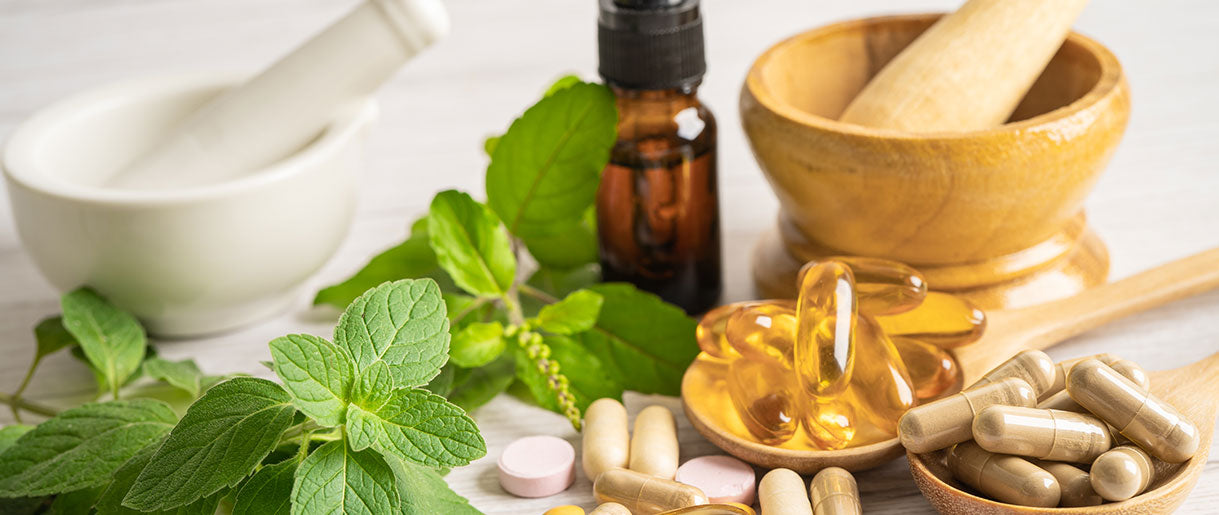
Ready to make the first move and not sure how? Think of it like dating. You wouldn't dive straight into a full-blown relationship without the "getting to know you" phase, right?
The same goes for you and your new health buddies, the supplements!
The Art of Timing and Dosage
Just like you can't rush love, you can't rush your relationship with supplements.
Vitamin C supplements? They're pretty easy-going—you can invite them over any time of day, preferably with meals, to really get the party started.
But they love their space, so keep things moderate, no need to go overboard. Ascorbic acid, a form of vitamin C found in nutritious foods, is more than happy to join your regular meals.
The Sunshine Vitamin's Preferences
Vitamin D is a bit hard since sun exposure is their favorite meet-up spot. Not a sunny person? Vitamin D supplements might be your match!
Remember, though, they're a bit picky, preferring to hang out in your system when you've got some fat to mingle with (they're fat-soluble, after all).
Worried about vitamin D deficiency? Regular dates, in the form of consistent supplementation, ensure your levels stay just right. But don't play too hard—overdoing it is a no-no.
Navigating the First Bumps
Like any relationship, the initial phase with dietary supplements can be rocky. Your natural killer cells and epithelial cells are adjusting to the new company.
You might experience a few hiccups—maybe some digestive complaints or minor reactions as your body adapts. Don't ghost them immediately! These reactions can be part of the "getting to know phase."
The Right Pick-Up Lines
Want to really win them over? Pair your supplements with the right food. Your body loves synergy.
Think of it as setting up a double date with plant foods that decreases inflammation (hello, powerful anti-inflammatory effects!). For instance, the classic duo of iron and vitamin C in lemon juice is like that couple everyone adores.
Commitment Talk
Remember, these health relationships are a marathon, not a sprint. Some buddies, like high-dose intravenous vitamins, are heavy hitters and require a professional's recommendation.
Vitamin supplements are looking for commitment—meaning, you need to make sure you're checking in with a healthcare professional who knows both of your histories.
When It's Not a Match – Cautionary Advice

Let's talk heartbreak, the kind where you realize, despite the dreams and Pinterest boards, you and your supplements might not be the fairytale match you hoped for.
It's tough, we know. But hey, self-love means recognizing when something isn't for you, even when it's all the rage on Instagram. So, when should you swipe left on certain supplements?
Allergic Reactions: The Red Flags
Like that partner who never remembered your dog's birthday, allergies are a sign that things aren't meant to be.
If you're getting unusual symptoms (think rashes, hives, trouble breathing) after starting a new supplement, it's your body's SOS. Time to ditch and dash!
Pregnancy: The Plot Twist
Oh, baby! Pregnancy means it's not just about you anymore. Some supplements that were once your go-tos may now be no-gos.
It's a weird time—your body's changing, your hormones are staging a coup, and your usual wellness buddies might not be the best for the tiny human you're crafting.
Always check with your doctor before continuing or starting any supplement during this special time. While a high dose intravenous vitamin or dietary supplement may be safe for you, it could harm your baby.
Chronic Conditions: The Compatibility Quizzes
Got some long-term health quirks? Chronic conditions can mean that some supplements interfere with your medications or exacerbate health issues.
It's like enjoying quiet, cozy movie nights while your partner prefers loud house parties – not a harmonious mix!
FAQs About Natural Supplements for Immune System
Can I Take Different Immune-Boosting Supplements Together, Or Will They Interact?
When it comes to pairing supplements, it's not a one-size-fits-all answer. Certain supplements (like Vitamin D and Calcium) can work synergistically, enhancing each other's effectiveness.
However, others might interact, reducing efficiency or potentially causing adverse effects. For instance, high doses of Zinc can interfere with the absorption of Copper.
The golden rule? Consult with a healthcare professional before starting a multi-supplement regimen.
How Long Does It Take For Immune-Boosting Supplements To Start Working?
Patience is key here! Unlike medications, which can cause an immediate change, supplements are more like a marathon than a sprint.
They're designed to support optimal health over time. Depending on the supplement and your body's needs, it might take several weeks to even a few months before you notice changes.
Do I Need To Take Immune-Boosting Supplements Indefinitely, Or Can I Stop Once I Feel Healthier?
Think of immune-boosting supplements as part of your health toolkit, not just a band-aid. While they help support your immune system, they're most effective in a healthy lifestyle, including a balanced diet, regular exercise, and adequate sleep.
If you're taking these supplements because of a deficiency or specific health conditions, your needs might change over time, and adjusting dosage or discontinuing might be appropriate.
Key Takeaways
And there we have it, folks! We've swiped and matched and maybe even had a few awkward first dates on this journey to find your immune system's perfect complement.
What a ride it's been, from diving into the world of ancient remedies like Reishi mushrooms to understanding why your gut practically throws a party when you bring probiotics to the table. Each step was about empowering you—because who knows you better than you?
Let's not just make this a solo adventure—why not bring some friends along for the ride? We're sure you've got tales to tell, from the supplement that was an absolute game-changer to that one you had to show the door politely (or not so politely).
Share your stories in the comments below! Did Vitamin D change your life? Has Zinc been your rock? We want to know!🥂💪🌿
References
- Immuno-physiological effects of dietary reishi mushroom powder as a source of beta-glucan on Rohu, Labeo rohita challenged with Aeromonas veronii, (1), https://www.nature.com/articles/s41598-023-41557-9
- Immune Modulation From Five Major Mushrooms: Application to Integrative Oncology, (2), https://www.ncbi.nlm.nih.gov/pmc/articles/PMC4684115/
- Chapter 9: Ganoderma lucidum (Lingzhi or Reishi), (3), https://www.ncbi.nlm.nih.gov/books/NBK92757/
- Elderberry Supplementation Reduces Cold Duration and Symptoms in Air-Travellers: A Randomized, Double-Blind Placebo-Controlled Clinical Trial, (4), https://www.ncbi.nlm.nih.gov/pmc/articles/PMC4848651/
- Elderberry for prevention and treatment of viral respiratory illnesses: a systematic review, (5), https://www.ncbi.nlm.nih.gov/pmc/articles/PMC8026097/
- Enhancement of Innate and Adaptive Immune Functions by Multiple Echinacea Species, (6), https://www.ncbi.nlm.nih.gov/pmc/articles/PMC2362099/
- A Review of the Pharmacological Action of Astragalus Polysaccharide, (7), https://www.ncbi.nlm.nih.gov/pmc/articles/PMC7105737/
- Vitamin D and the Immune System, (8), https://www.ncbi.nlm.nih.gov/pmc/articles/PMC3166406/
- Immunomodulation and Anti-Inflammatory Effects of Garlic Compounds, (9), https://www.ncbi.nlm.nih.gov/pmc/articles/PMC4417560/
- The immune system and the impact of zinc during aging, (10), https://immunityageing.biomedcentral.com/articles/10.1186/1742-4933-6-9
- Probiotics Mechanism of Action on Immune Cells and Beneficial Effects on Human Health, (11), https://www.ncbi.nlm.nih.gov/pmc/articles/PMC9818925/
- The Role of Selenium in Inflammation and Immunity: From Molecular Mechanisms to Therapeutic Opportunities, (12), https://www.ncbi.nlm.nih.gov/pmc/articles/PMC3277928/
- Immune's-boosting agent: Immunomodulation potentials of propolis, (13), https://www.ncbi.nlm.nih.gov/pmc/articles/PMC6335834/
- Vitamin C and Immune Function, (14), https://www.ncbi.nlm.nih.gov/pmc/articles/PMC5707683/








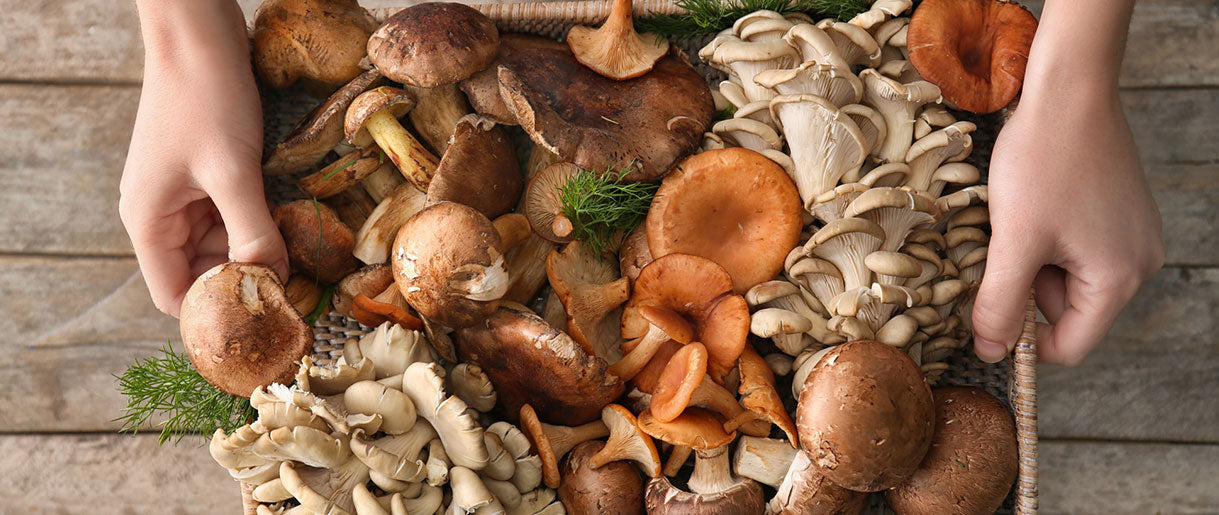

Let Us Know Your Comments